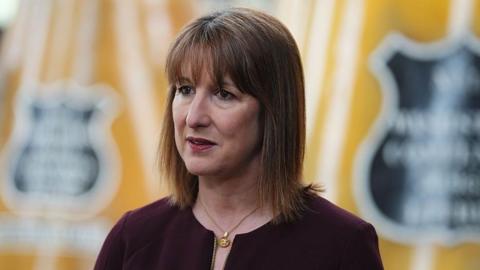Tough choices are "unavoidable" as the government finalises spending plans for areas ranging from the NHS and defence, to schools and the criminal justice system, a think tank has warned.
The Institute for Fiscal Studies (IFS) said the level of spending on health would dictate whether cuts were made to "unprotected" areas – those outside the NHS, defence and schools.
While funding increased sharply in 2024 for transport, net zero, hospitals, schools and prisons, it would no longer increase year on year, given the government's commitments, the IFS said.
The government said the Spending Review on 11 June would "scrutinise every single pound the government spends".
